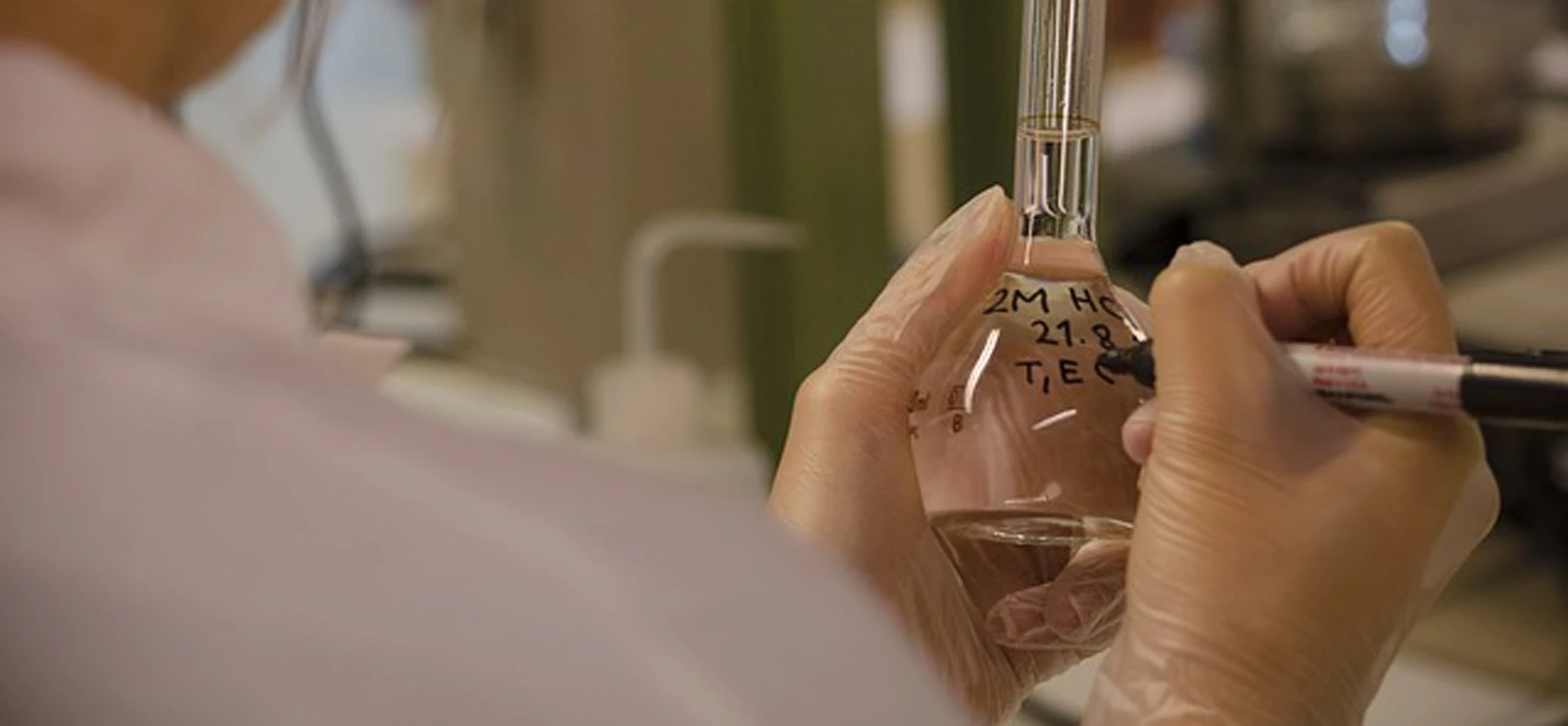Bioavailability is a measure of the effectiveness of the delivery of an active pharmaceutical compound to the place in the body where its presence is required. According to the FDA ‘Bioavailability means the rate and extent to which the active ingredient or active moiety is absorbed from a drug product and becomes available at the site of action (21 CFR 320.1(a)).’
It is a relevant measure to all routes of administration. In-vitro bio-availability assays can, in many cases, be used as an alternative clinical trials to demonstrate the delivery of a generic pharmaceutical. The FDA has published an in-vivo testing waiver for solid oral doses (immediate release).
MET’s analytical department can combine dissolution or other administration simulation methods with API concentration and stability studies. The process is applied to novel materials and RLD comparisons. We can investigate and classify solubility and permeability.
The range of USP dissolution apparatus options allow for testing of oral and topical formulations. This can be combined with ICH quality guidelines: Q1, Q2 and Q3, stability, analytical and impurities.
The information gathered in these studies can be used to support a Biowaiver as described in ICH M9, BIOPHARMACEUTICS CLASSIFICATION SYSTEM-BASED BIOWAIVERS (BCS).
In-vitro release testing (IVRT) is supported by QC analyses such as: HPLC UV/MS/RI, assay and investigation of degradation products. MET’s scientists are experienced in method development and transfer, and can test according to your specific requirements.
All of our services are supported by physical testing, including viscosity, osmolality, hardness and disintegration.

